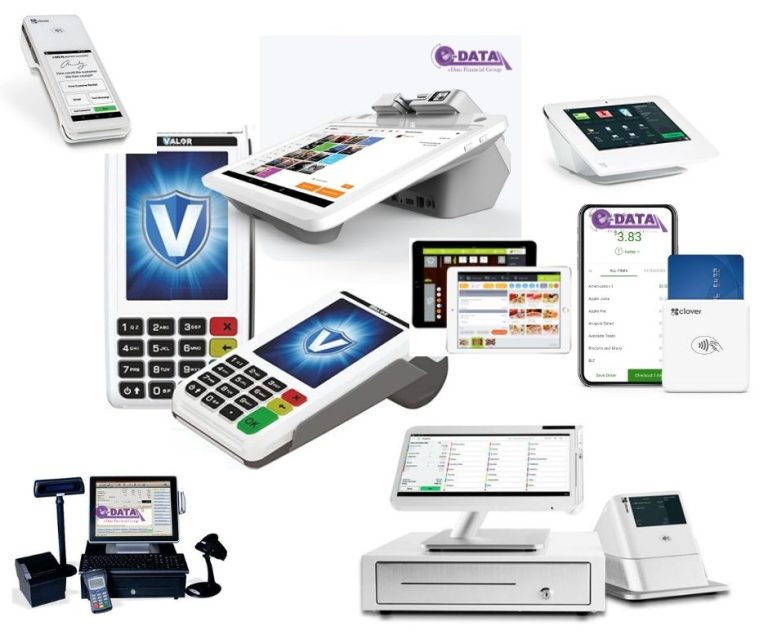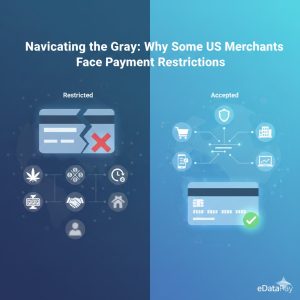What exactly is a chargeback or Friendly Fraud?
Or as we call it: What is a Friendly Fraud chargeback?
For sure for a business owner, there are NO Friendly disputes, chargebacks, or losses… a business owner must fight and prevent all if not most of their chargebacks and losses.
All kinds of companies, from small shops, eCommerce online sellers, or multinational conglomerates
Businesses of all sizes, from startup merchants to large financial institutions, use several tools and technology to prevent, fight, and analyze chargebacks.
eDataPay risk team will work with you to prevent, fight, and analyze chargebacks.
Chargeback fraud, also known as friendly fraud, happens when a customer makes a purchase online using their own credit card and then asks for a chargeback from the issuing bank after receiving the purchased goods or services. This type of fraud is also known as chargeback fraud.
If you are a merchant who deals in online sales, you have most likely heard the term “friendly fraud” before, but you may not be totally clear on what it comprises. As opposed to classic fraud, which takes place when a thief fraudulently acquires the credit card information of another person and uses it to make fraudulent purchases, this word refers to fraudulent or inappropriate behavior made by the genuine cardholder.
The term “friendly fraud” refers to the specific instance in which a consumer makes improper use of the chargeback mechanism. In most cases, the option to file a chargeback exists for situations in which a cardholder discovers that their credit card details have been stolen and the thief has used them to make fraudulent purchases. The chargeback prevents the cardholder from being required to pay for the actions of the thief because it reverses the charges that were made using the stolen credit card information. In the event that the cardholder made the initial purchase in a lawful manner but is unhappy with the outcome of the transaction, the cardholder’s first line of defense should be the refund and exchange policy that your company has in place. Friendly fraud occurs when a consumer makes no attempt to get in touch with the merchant in order to request a refund, but rather goes straight to their financial institution in order to dispute the charge.
Automate Tasks &
Streamline Processes to
Improve Business Efficiency
Let technology remove the complexities of payment
disputes so you can focus on what matters most:
growing your business.
There are many different kinds of friendly chargebacks that are mostly scammed by the consumers taking advantage of the Cards Barads allowing this easy process. When a customer knowingly files a chargeback on a transaction that they recognize because they want to keep both the product they purchased and the money that they paid for it, this is an example of hostile friendly fraud. Cases in which the cardholder honestly doesn’t recognize a legitimate charge are considered benign friendly fraud. Chargebacks for “friendly fraud” can occur for a variety of common reasons, including the following:
- The consumer asserts that their online order either did not arrive or was never delivered to them.
- Even if the consumer canceled the order, the charge was still applied to their account.
- The consume assets that they were promised reimbursement for an item that they returned, but that they did not get the money.
- The consumer claims that the product they purchased did not have the expected or promised level of quality when it was delivered to them.
- The buyer either did not remember making the purchase or did not see the transaction when it appeared on their credit card account.
CHARGEBACK PREVENTION ALERTS
Transaction disputes should be refunded in order to avoid chargebacks, prevent threshold breaches, and maintain good standing for merchant accounts.
The best course of action for the cardholder to do in the majority of these scenarios, if not all of them, would be to get in touch with your company as soon as possible and give you the chance to put things right. It is preferable to have to provide a refund rather than be subject to a chargeback, even if doing so means losing out on a sale. Chargebacks are typically viewed in a negative light by the financial institutions that provide merchant accounts for its customers. This is due to the fact that these institutions do not want to expose themselves to an excessive amount of financial risk. When a chargeback is issued against your company, there are a lot of potential negative outcomes that could occur, including the following:
- Not only do you lose the money that you made from the sale, but you also lose the product or service that you gave in exchange for that money.
- You are required to pay additional fees for chargebacks.
- If you want to contest the chargeback—which, in many instances, you should do—this will result in increased overhead charges for your company.
- If you have a sufficient number of chargebacks within a specified amount of time, you run the risk of being labeled as a high-risk merchant. This can result in higher processing fees, additional and more stringent rules, the requirement to keep a rolling reserve instead of having immediate access to your income, and, in the worst-case scenario, the complete cancellation of your merchant account and the loss of all payment processing options.
Fight Chargebacks & Recover Revenue
Let technology remove the complexities of payment disputes so you can focus on what matters most: growing your business.
Even while you will never be able to totally eradicate friendly fraud, there are a few significant steps that you can take to safeguard your organization from chargebacks of this kind.
- Your website should prominently display an exchange, return, and refund policy that is simple to locate and understand.
- You should make sure that your customer service team can respond quickly and appropriately to complaints from customers.
- In the event that you need to give proof in a chargeback dispute, keep an organized paper trail of invoices, delivery notices, and any other relevant documents.
- Ensure that an effective tracking and shipping system is in place for all online orders in order to assist with verifying when a customer has successfully received an item that was shipped to them.
- You should maintain an account order history that details all of the prior business conducted with a customer.
- Ensure that the “DBA” or “billing descriptor” that your customers see on their credit card or bank statement is very clear and concise, reflecting your proper company name or website, as well as the correct phone number to call in the event that they do not recognize or remember the sale. This is something that your customers will see when they pay with their credit card or bank account.
- Ensure that you are always automatically confirming the delivery address of the client through your gateway’s Address Verification Settings (AVS), and that you are also verifying the card security code (CVV) in every transaction.
Prevent Chargebacks &
Reduce Payment Processing Risk
Reduce the Risk Involved in Payment Processing
INTELLIGENT CHARGEBACK INQUIRIES AND RESPONSES ARE A MUST!!!
Optimize ROI. Fight just the battles you can easily win, personalize your responses based on the reason code, and reduce your spending to bring in more money.
Automate Tasks & Streamline Current Procedures in Order to Enhance the Productivity of Your Company
Allow our technology and our expert partners to take care of the complications of the payment process.
Contact an expert sales manager at eDataPay Merchant Services for additional pointers and recommendations on how to assist in the prevention of friendly fraud!








